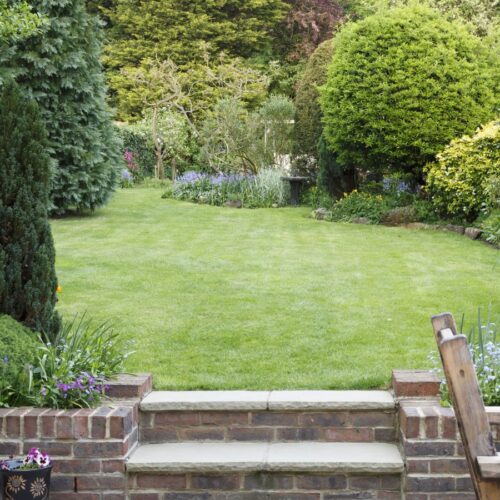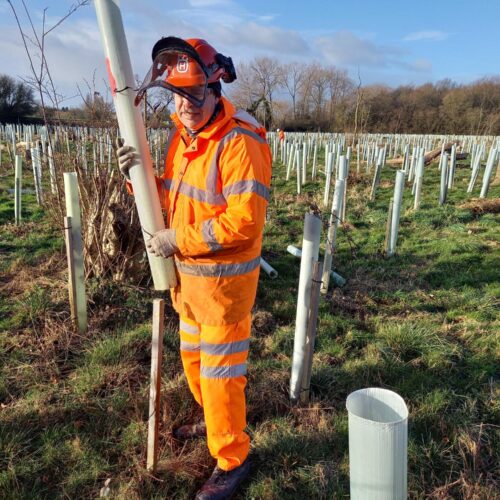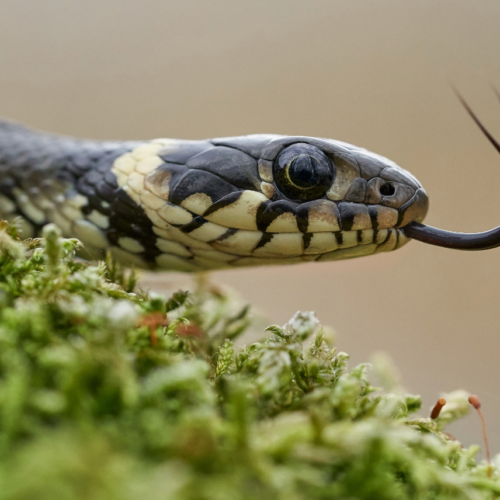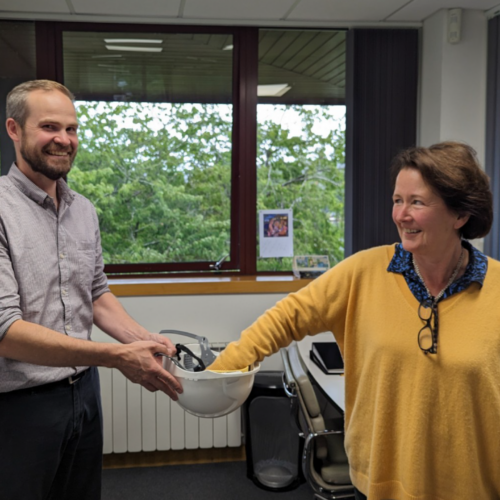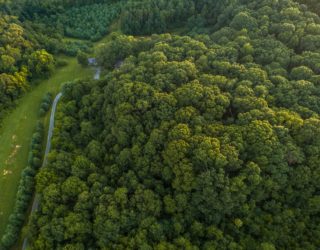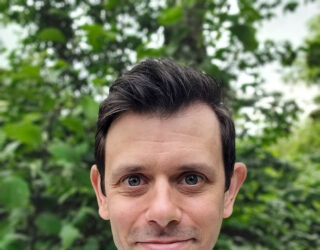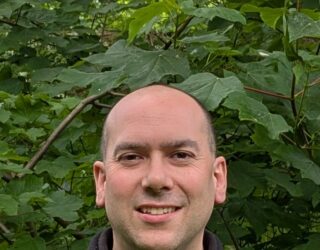Glyphosate has been used extensively in farming, and in towns and cities to control grass and weeds for years. It is available in every garden centre as the active ingredient in the weed killer, Roundup.
However, several countries, including Holland, Denmark, Sweden and Sri Lanka have banned or restricted the use of glyphosate herbicides because of alleged links with a variety of health problems, including cancer, birth defects and kidney failure, amongst others.
Over 30 studies have concluded that there is “no validated or significant relationship” between glyphosate and cancer among humans. However, world-leading experts at the International Agency for Research on Cancer (IARC, an arm of the World Health Organisation), concluded last year that glyphosate was “probably” carcinogenic.
Powerful weed killers, such as Roundup, are widely used as an efficient and practical solution for the treatment of invasive species such as Japanese knotweed. Thomson Habitats have used this product as part of our Japanese knotweed treatment programme on many sites. However, with uncertainty growing as to the safety of glyphosate, we are continually looking out for effective alternative treatments.

